The rich tapestry of Middle Eastern culture is woven with countless traditions, but few are as deeply ingrained in daily life as the ritual of sharing tea. Among the region’s many beloved brews, Karak tea stands out as a quintessential Qatari experience. This potent, fragrant drink is more than just a beverage—it’s a social glue, a moment of respite, and a symbol of hospitality. Its origins may trace back to the Indian subcontinent, but in Qatar, Karak has been embraced and transformed into something uniquely local.
Walk through the bustling streets of Doha, and you’ll inevitably catch the aroma of Karak wafting from small roadside stalls or sleek modern cafés. The preparation is simple yet precise: strong black tea is simmered with evaporated milk, sugar, and a blend of spices—usually cardamom, saffron, or ginger. The result is a creamy, caramel-colored elixir with a bold flavor that lingers on the palate. What sets Qatari Karak apart is its balance; it’s sweet but not cloying, spiced but not overwhelming, and robust enough to jolt you awake during the midday heat.
The rise of Karak tea in Qatar mirrors the country’s own rapid modernization. Once a humble drink served by South Asian expatriates, it has become a cultural phenomenon. Chains like Tea Time and Karak Mqanes have elevated it to near-mythic status, with locals and tourists alike queuing up for their fix. Social media buzzes with debates over who makes the best version, and food bloggers dissect every nuance of flavor and texture. Yet despite its commercialization, Karak remains deeply rooted in community. It’s the drink shared during late-night conversations, offered to guests as a gesture of welcome, or sipped quietly during solitary moments of reflection.
Beyond its taste, Karak tea offers a window into Qatar’s multicultural identity. The spices speak to centuries of trade with India and the broader Gulf region, while the tea itself—often Lipton Yellow Label—reflects global commodity flows. Even the way it’s consumed bridges divides: wealthy businessmen and laborers, Qataris and expats, all find common ground over a steaming cup. In a nation where tradition and modernity often intersect, Karak is a rare constant, adapting without losing its essence.
As Qatar continues to carve out its place on the world stage, Karak tea remains an enduring emblem of national pride. Whether enjoyed at a luxury hotel or a dusty roadside stand, it carries with it the warmth and generosity of Qatari culture. For visitors, tasting Karak isn’t just about trying a local specialty—it’s about participating in a ritual that defines daily life in this dynamic corner of the Arabian Peninsula.
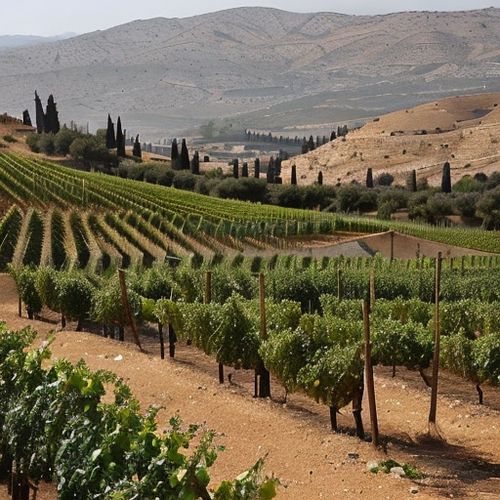
By Jessica Lee/May 10, 2025
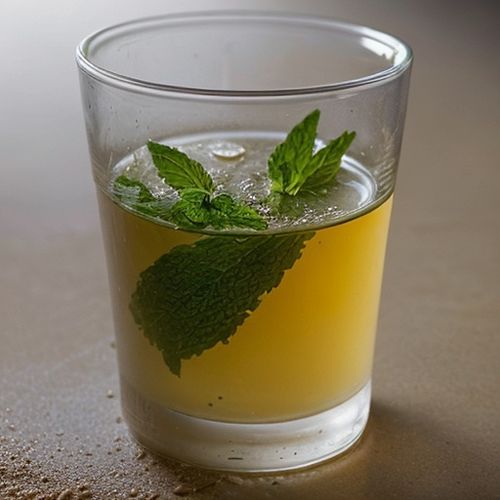
By Victoria Gonzalez/May 10, 2025
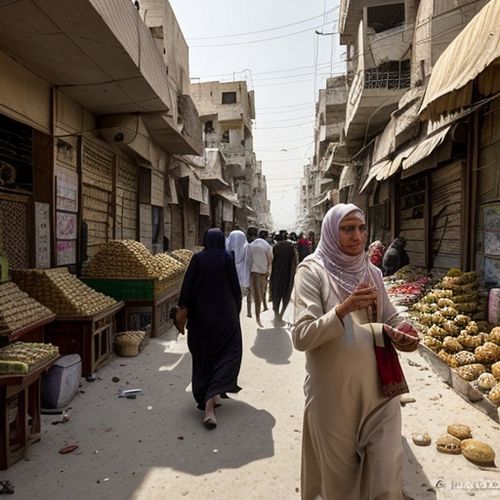
By Noah Bell/May 10, 2025
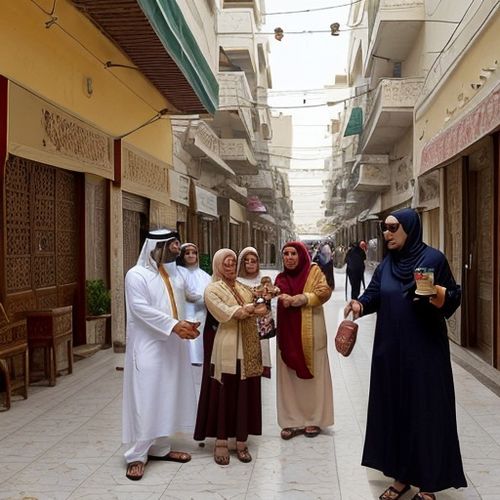
By Benjamin Evans/May 10, 2025
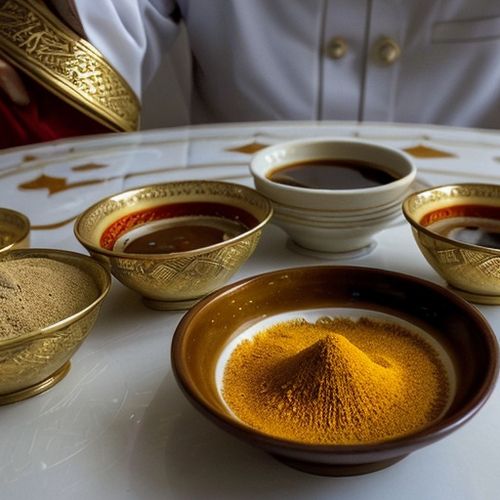
By Rebecca Stewart/May 10, 2025
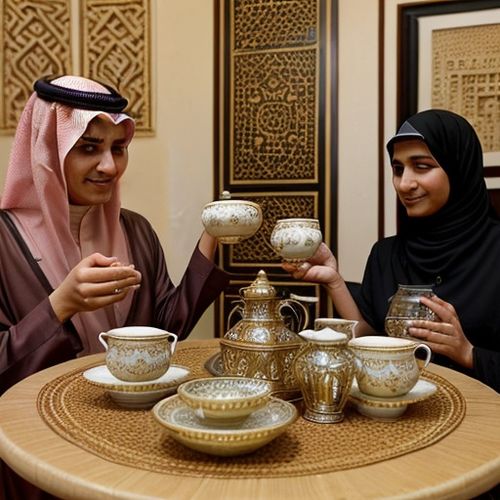
By Daniel Scott/May 10, 2025
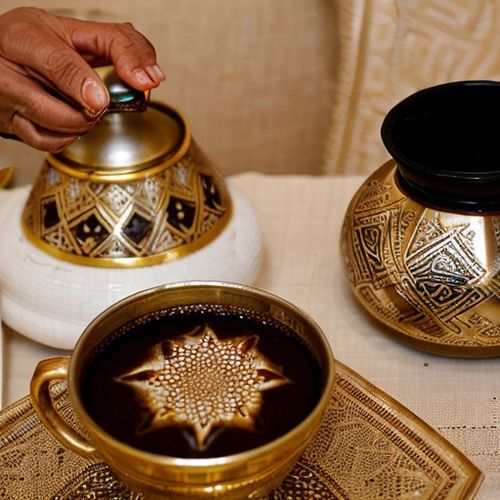
By Samuel Cooper/May 10, 2025
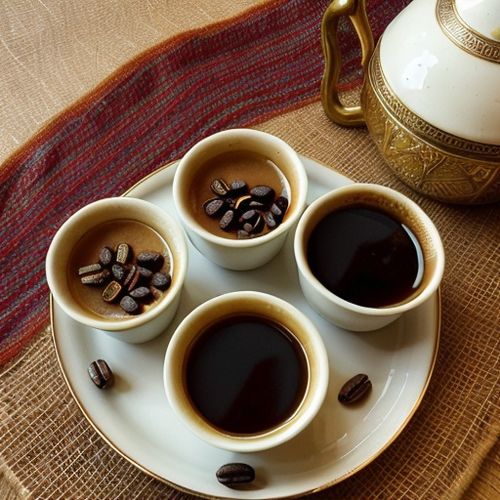
By Ryan Martin/May 10, 2025
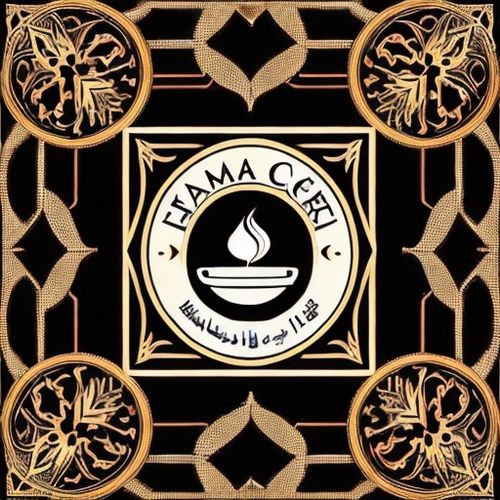
By James Moore/May 10, 2025

By Rebecca Stewart/May 10, 2025
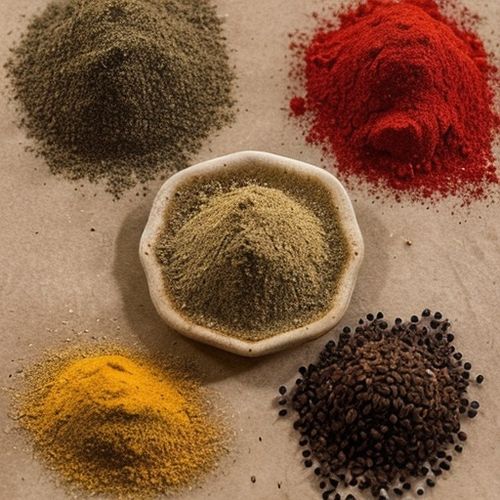
By Rebecca Stewart/May 10, 2025
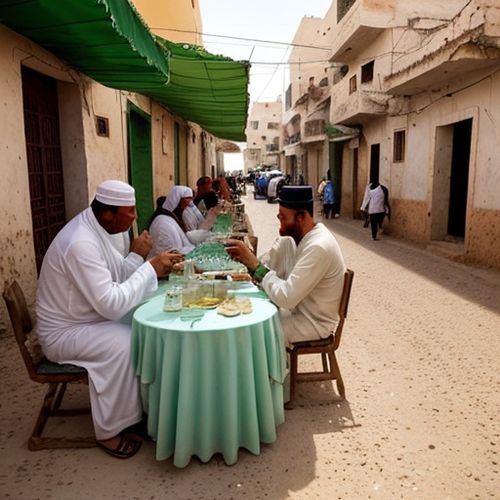
By Thomas Roberts/May 10, 2025
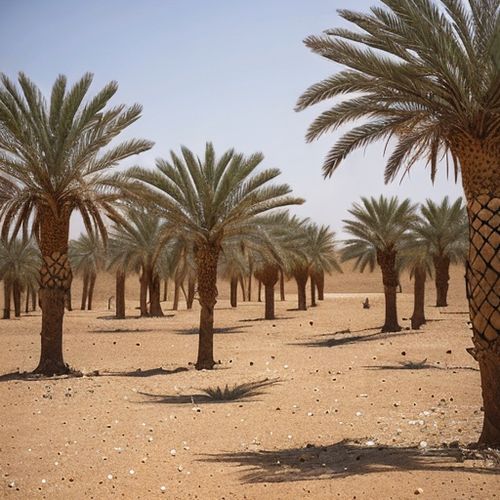
By Grace Cox/May 10, 2025
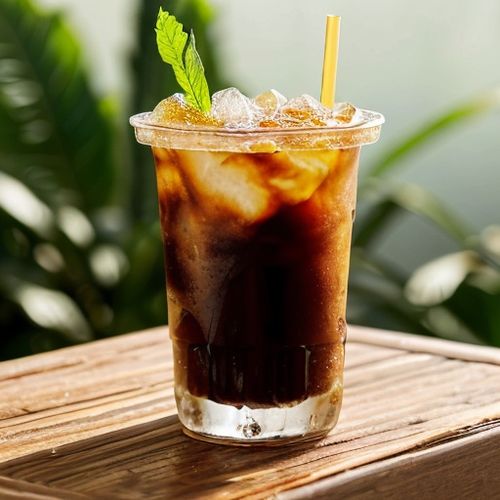
By Sophia Lewis/May 10, 2025
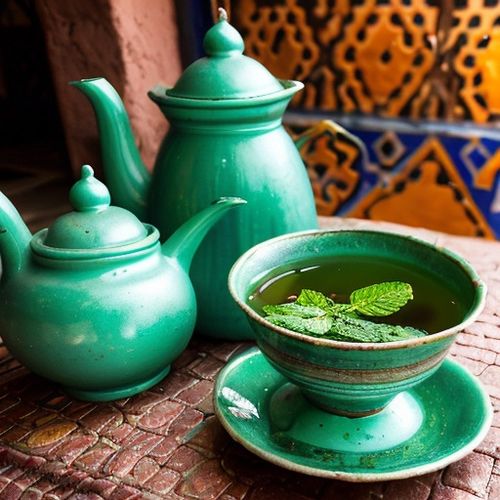
By Sophia Lewis/May 10, 2025
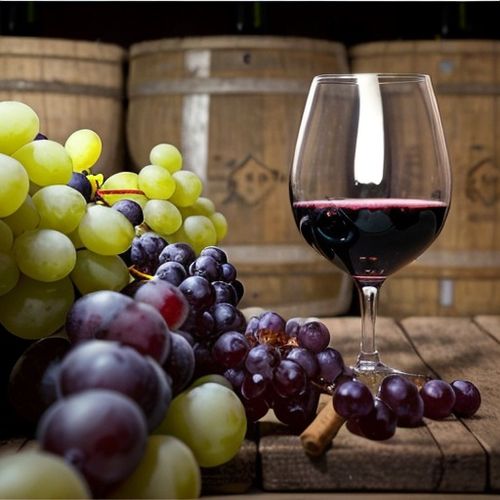
By Daniel Scott/May 10, 2025
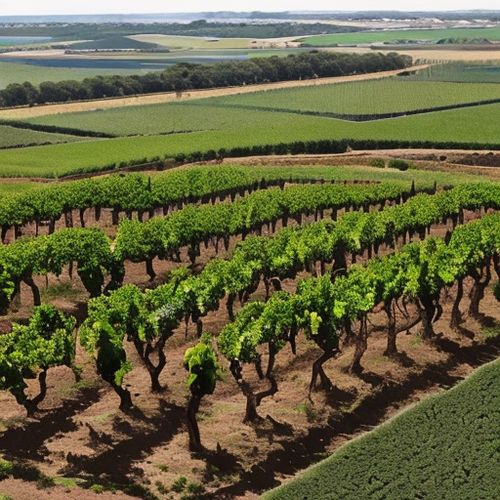
By Amanda Phillips/May 10, 2025
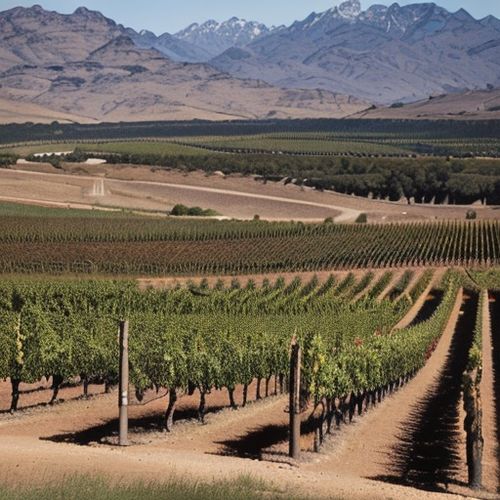
By Lily Simpson/May 10, 2025
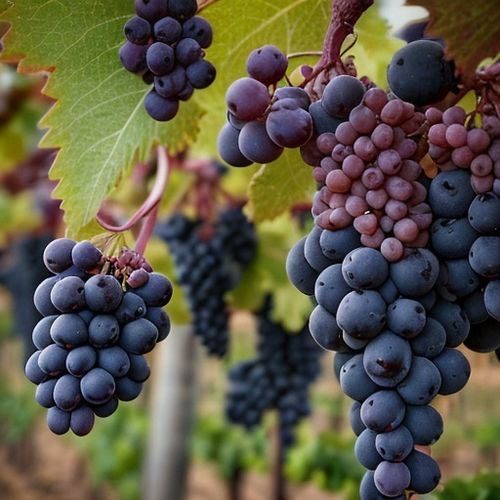
By Natalie Campbell/May 10, 2025

By Olivia Reed/May 10, 2025